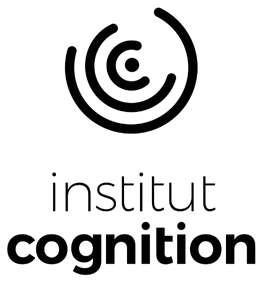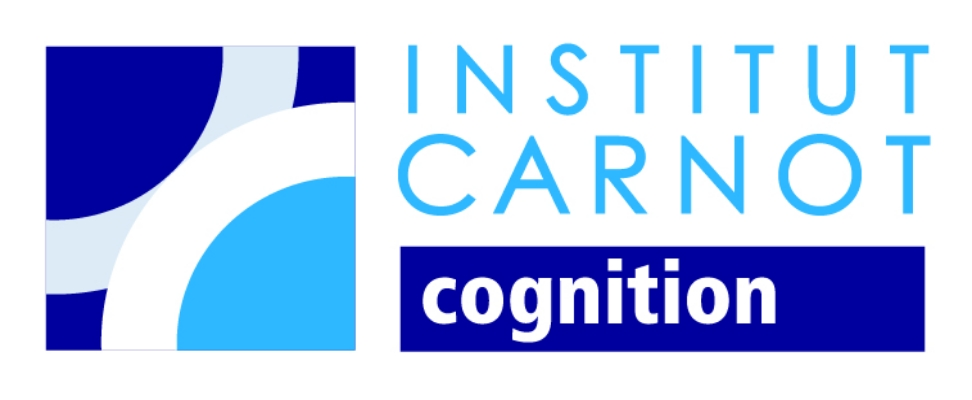2019 has been a rich year in terms of scientific research. This is why it consider important to share with you the progress that has marked the year.
The COVID-19 coronavirus pandemic unfortunately largely delayed the presentation of this 2019 Yearbook. Despite the difficult context linked to this global pandemic and the gradual implementation of a recovery plan, the Cognition Institute is actively pursuing and extending its partnership research activity to contribute more than ever to the potential of competitive innovation in companies.
The first edition of a long series, this 2019 Yearbook is aimed at actors from the socio-economic world interested in the advances in cognitive sciences in the 22 laboratories constituting the Cognition Institute. It will also shed light on the potential applications of cognitive advances and associated technologies. For researchers in public and private research, this Yearbook is a concise activity report highlighting the scientific expertise of the Cognition Institute researchers.
More than ever, science is coming out of laboratories to meet you.
>> Click here to read the 2019 Yearbook <<
For French speakers, the Yearbook is also available in French version






